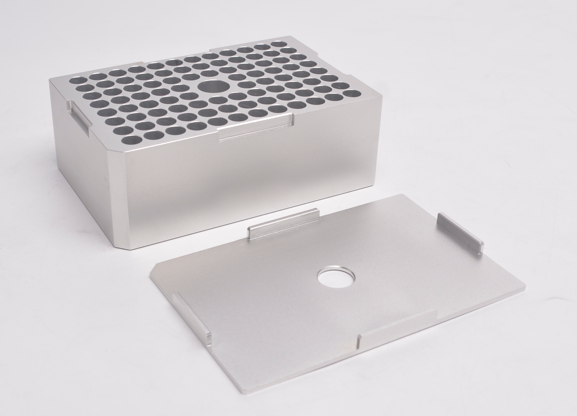As a common metal material, aluminum plate is widely used in industry and life. It has many advantages and also some disadvantages.

First of all, one of the advantages of aluminum panels is their lightweight properties. Compared with many other metals, aluminum has a lower density, so aluminum plates can reduce the overall weight when applied, which is very beneficial for some scenarios that require weight reduction, such as aerospace, automobile manufacturing and other fields.
Secondly, aluminum plates have good processing properties. Aluminum plates can be processed through rolling, drawing and other processes to make products of different shapes and specifications, so they are widely used in industrial manufacturing.
In addition, aluminum plates have good thermal conductivity and corrosion resistance. This makes aluminum sheets very useful in manufacturing products that require good thermal conductivity and corrosion resistance, such as radiators, chemical containers, etc.
However, aluminum panels also have some disadvantages. First of all, compared to some special engineering materials, aluminum plates have lower strength, so they may not be suitable in some scenarios that require high strength.
Secondly, the price of aluminum plates is relatively high, which makes it not cost-effective to choose aluminum plates in some projects with higher cost requirements.
In general, aluminum plate, as a common metal material, has the advantages of lightweight, good processing performance, excellent thermal conductivity and corrosion resistance, but it also has the disadvantages of low strength and high price. Therefore, in practical applications, it is necessary to comprehensively consider the specific situation and select appropriate materials.
PROTO MFG provides a wide range of manufacturing capabilities and other value-added services for all of your prototyping and production needs. Visit our website to learn more or to request a free, no-obligation quote.